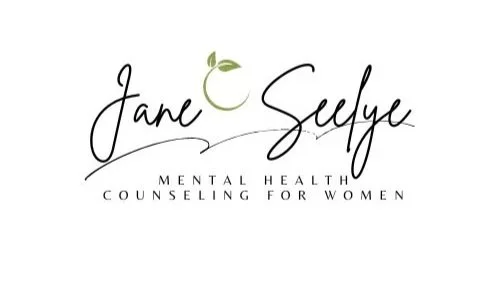Growing in Different Directions: Navigating Shifts in Relationships with Compassion
Personal growth is a journey that often leads us down paths of transformation. As we evolve, our relationships, whether with family, friends, or partners, can shift in ways that feel exciting, confusing, or even a little painful.
It's not uncommon to notice that as you grow, the people around you may not be on the same path. That can create a space where connection feels strained, and understanding feels harder to come by.
This post is here to offer support and guidance for navigating these relational shifts with compassion, honoring both your growth and the complexities of your relationships
When Growth Creates Distance
As you do healing work, through therapy, somatic practice, or simply living with more intention, your patterns often change. You communicate differently. You relate differently. You show up differently.
Not everyone in your life is growing at the same pace or in the same direction. That can sometimes lead to a sense of distance in relationships that once felt easy. That distance can feel disorienting or even a little lonely.
You might notice that you:
Feel misunderstood or dismissed when you share your truth
Seem "too much" or "too sensitive" in spaces spaces that once felt safe
feel pulled between loyalty to others and loyalty to your own growth
Wonder whether to speak up, stay quiet, or step away
Carry a quiet grief for something that used to feel easier
This is very common. It doesn’t mean you’ve done anything wrong.
It just means your relationships are asking for recalibration.
How to Stay Grounded When Relationships Shift
Not every change requires a dramatic ending. But most shifts benefit from honest reflection, gentle boundaries, and room for grief.
Here are some ways to support you through this season:
1. Let Go of the Old Version of You
Sometimes tension arises because people are responding to who we used to be, not who we are now.
This can be painful, but it’s also part of growth.
Try asking yourself:
What version of me does this person still expect?
What version of me am I stepping into?
Where am I still performing the old role to keep the peace?
Giving yourself permission to grow, even if others don’t fully understand, is an act of quiet courage.
2. Stand in Your Own Truth (Without Needing Agreement)
You can know something is true for you without needing others to validate it.
You can honor your needs, boundaries, and values, even when someone else can’t meet you there.
What this might sound like:
“I know this doesn’t make sense to you, and that’s okay. I still need to honor what feels right for me.”
“I’m not asking you to agree, just to respect where I’m coming from.”
“I’ve spent a lot of time learning what I need. I’m allowed to live from that place now.”
This kind of clarity doesn’t push people away; it gives you room to breathe.
3. Make Space for Grief
Change often carries quiet grief, not always because something ended, but because something changed.
You might feel sadness for:
The ease you once had
A shared language that no longer fits
The closeness that only existed when you compromised yourself
The hope that someone might meet you in a way they now can’t
This grief is real. It’s not over-dramatic. And it doesn’t mean you’re failing, it means you’re feeling, it means you’re human.
Give it space.
4. Stay Connected, If It Feels Safe and Possible
Not every shift has to mean disconnection. Some relationships can adapt and even thrive amidst growth and change.
Sometimes, we can stay connected through difference, when there’s mutual respect, even if there’s not full understanding.
If a relationship feels safe enough, you might try:
“I know we’re seeing things differently, and I still care about staying connected.”
“I don’t expect you to get it — I just want to keep being honest with you.”
“Can we meet each other here, even if we’re on different paths?”
These conversations take courage. But they can create new ways to connect, rooted in honesty instead of performance.
5. Honor the Relationships That No Longer Fit
Sometimes, staying in a relationship asks you to shrink, self-abandon, or silence what’s most true.
In those moments, letting go, whether with love, neutrality, or even sorrow, might be the most compassionate option.
Releasing a relationship doesn’t mean it failed.
It means it served its season.
It means you’re listening to yourself.
It means you’re choosing alignment over attachment, and that’s deeply caring.
You’re Not Wrong for Growing
Growth isn’t always visible. It doesn’t always make easier or win applause.
Sometimes it leads to hard conversations, longer silences or a need to redefine who you are.
But that doesn’t mean you’re lost.
It means you’re becoming.
And the relationships that are meant to grow with you will.
The ones that can’t, or won’t, will teach you something important too.
In the end, the goal isn’t to keep every connection the same.
It’s to stay rooted in yourself, with love, clarity, and compassion.
If you're noticing shifts in your relationships and want support that honors both clarity and care, I'm here.
Reach out to schedule a free consultation; you don’t have to hold it all alone.
